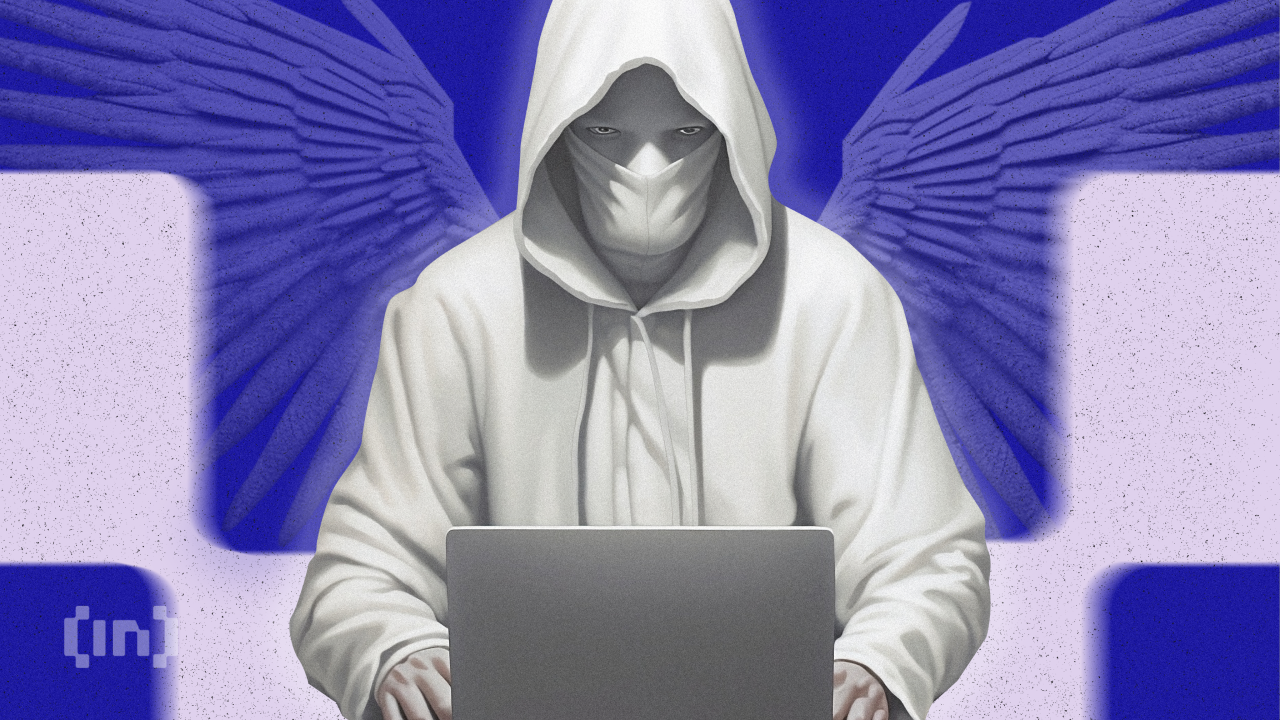
DWF Labs Allegedly Victimized by $44 Million Crypto Hack
In a shocking revelation, market maker DWF Labs reportedly lost over $44 million during a cyberattack attributed to the notorious North Korean-associated hacking group, AppleJeus. This breach, which dates back to September 2022, underscores the growing sophistication of state-sponsored cyber threats targeting the cryptocurrency sector.
The theft, predominantly involving USDC and USDT stablecoins, was uncovered by on-chain investigators who tracked the compromised wallet address, 0x3d67fdE4B4F5077f79D3bb8Aaa903BF5e7642751. This wallet is linked to DWF Labs through previous transactions, including payments to Yield Guild Games’ treasury wallet for an OTC token sale and other high-profile movements.
Details of the Cyberattack
On September 22, 2022, hackers allegedly infiltrated the private keys and exchange credentials of DWF Labs’ wallet, draining funds over several hours. Despite having ample time to mitigate the damage, no successful measures were taken to halt the attack. The stolen funds were subsequently moved through the Ren Protocol bridge and converted into Bitcoin (BTC), a common laundering route for AppleJeus and similar groups. The assets remained dormant until recently, when they resurfaced after being processed through Mixero, a custodial Bitcoin mixer.
Post-breach, the funds were reportedly combined with proceeds from other significant hacks, including those impacting Deribit and Tower Capital. On-chain analysis reveals that more than $30 million of unspent Bitcoin linked to this heist still remains untouched.
Lack of Transparency from DWF Labs
Despite mounting evidence, DWF Labs has remained silent on the alleged incident. Experts have voiced concerns over their lack of transparency, highlighting the critical importance of proactive communication and better security protocols across the crypto industry.
Well-known crypto sleuth ZachXBT even commented, “DWF hiding a $44 million hack? Cannot say I’m surprised.” The broader cryptocurrency community continues to experience heightened vulnerabilities in the face of escalating state-backed cyber threats.
North Korea’s Role in Escalating Crypto Threats
North Korean hacking groups, notably the infamous Lazarus Group, have become increasingly adept at targeting crypto platforms. Recent estimates indicate that between 2024 and September 2025 alone, these groups have stolen approximately $2.83 billion in digital assets globally. Their tactics range from exploiting security weaknesses in platforms to leveraging malware disguised as job offers to infiltrate Web3 companies.
As these groups refine their techniques, it’s becoming imperative for crypto platforms to enhance their security measures and remain vigilant against emerging threats. Measures such as adopting advanced cryptographic protocols, regular audits, and third-party security verification can help mitigate potential risks.
For those concerned about safeguarding their crypto holdings, consider using reliable cold wallets like the Trezor Model T. Cold wallets remain one of the most secure options for storing cryptocurrency, keeping assets offline and less vulnerable to hacks.
The Way Forward for the Crypto Industry
The ongoing wave of state-sponsored attacks serves as a wake-up call for the cryptocurrency sector. Greater transparency, enhanced security solutions, and collaboration across platforms are essential steps to curb such vulnerabilities. Now more than ever, building trust and resilience across the crypto landscape will determine its sustainability in the face of evolving cyber threats.






